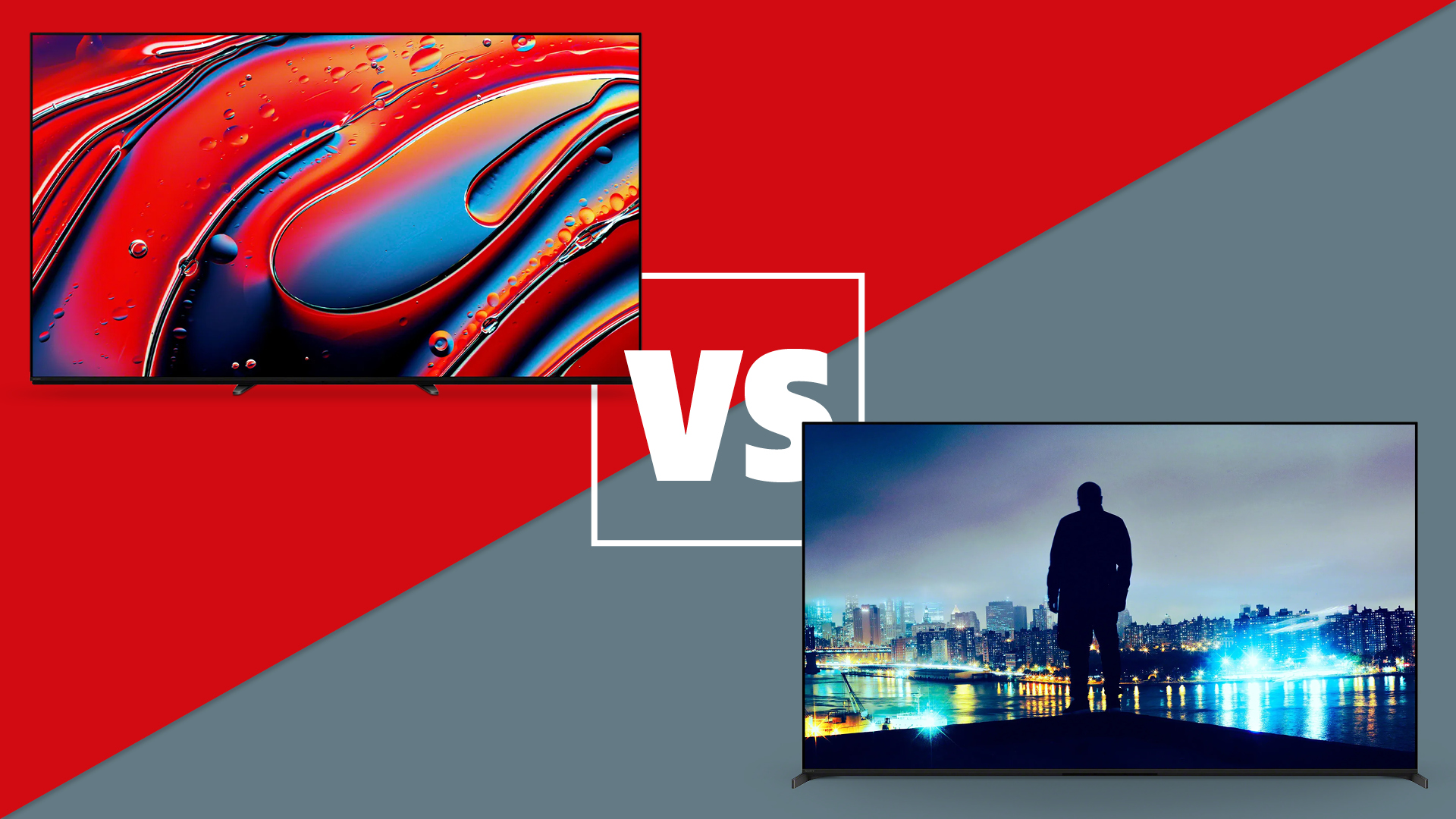13 of the best movie scores to test your system
From Glass to Goraguer, here are our favourite film scores
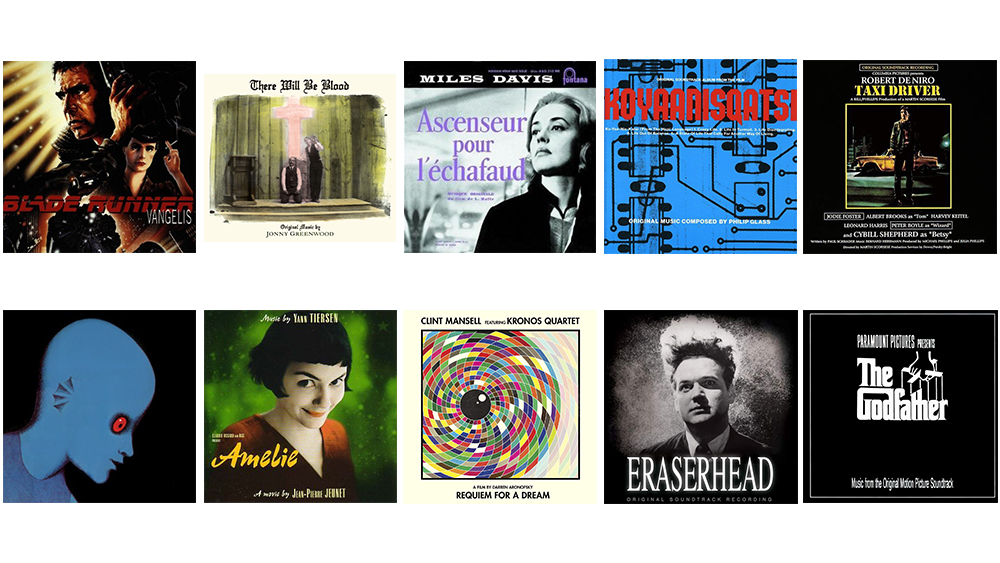
The best film scores are not merely an accompaniment to the images on screen; it is the sense that a film would be altered more fundamentally by changing its music than any other part of the script.
There are the themes indelibly etched, as easy to recall as any hit single – think Star Wars, Jurassic Park or Jaws – but the list below is concerned more with those eternally tethered to their visual partners, without which it feels you’d only have half a film.
And such is their importance, each of the scores we’ve selected below provides a stern test for any home cinema or even hi-fi system. In short, you’ll know immediately if your set-up isn’t doing them justice.
Blade Runner by Vangelis (1982)
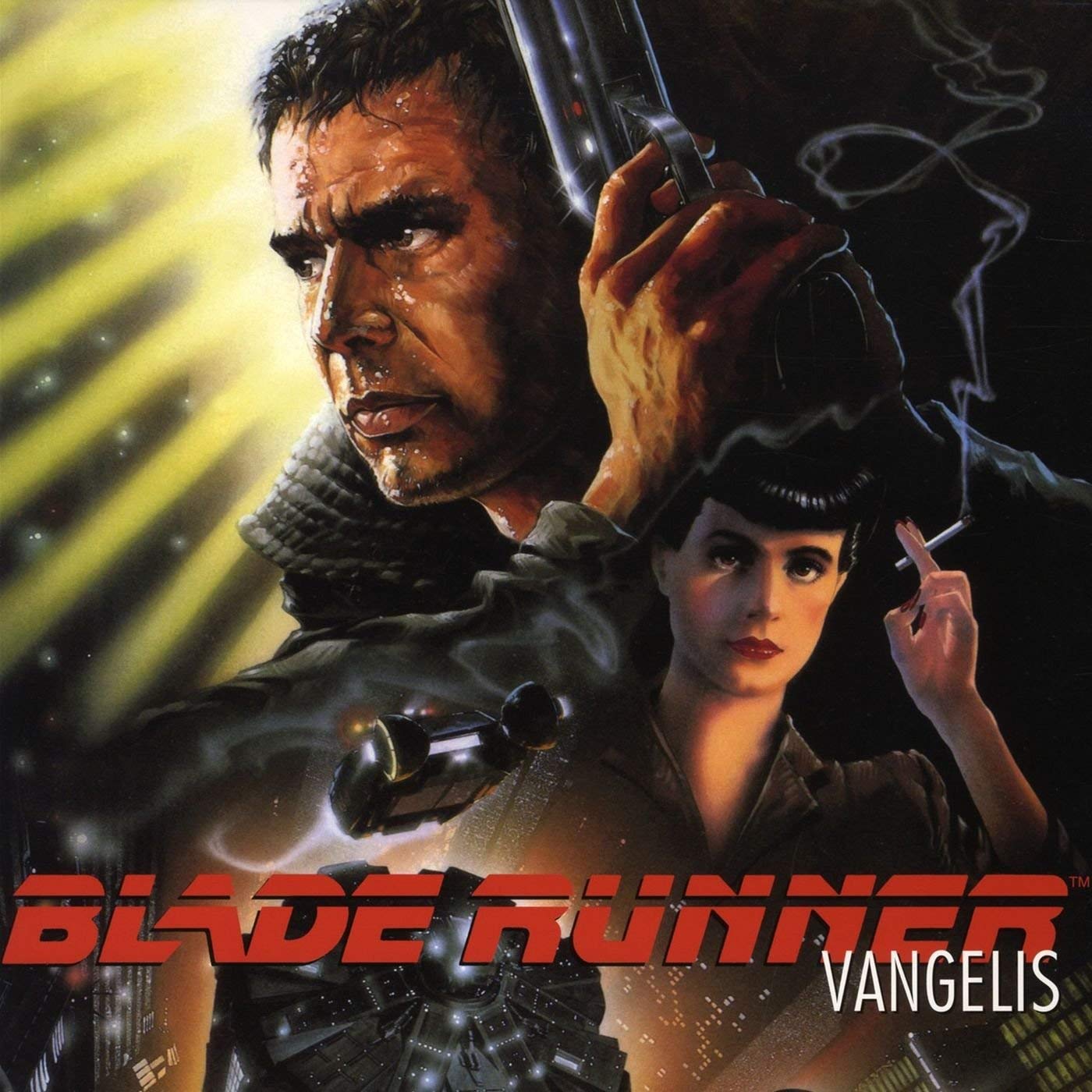
Few scores are so entwined with their film as Vangelis’s synth-heavy, reverb-soaked accompaniment for Ridley Scott’s Blade Runner. Largely improvised and recorded in real time while the Greek composer was watching the film, the music’s warmth is somewhat at odds with the narrative’s noir, yet takes in its sweeping landscapes and darkly romantic ambiance with every sustained note.
Vangelis's Blade Runner soundtrack on Amazon
There Will Be Blood by Jonny Greenwood (2007)
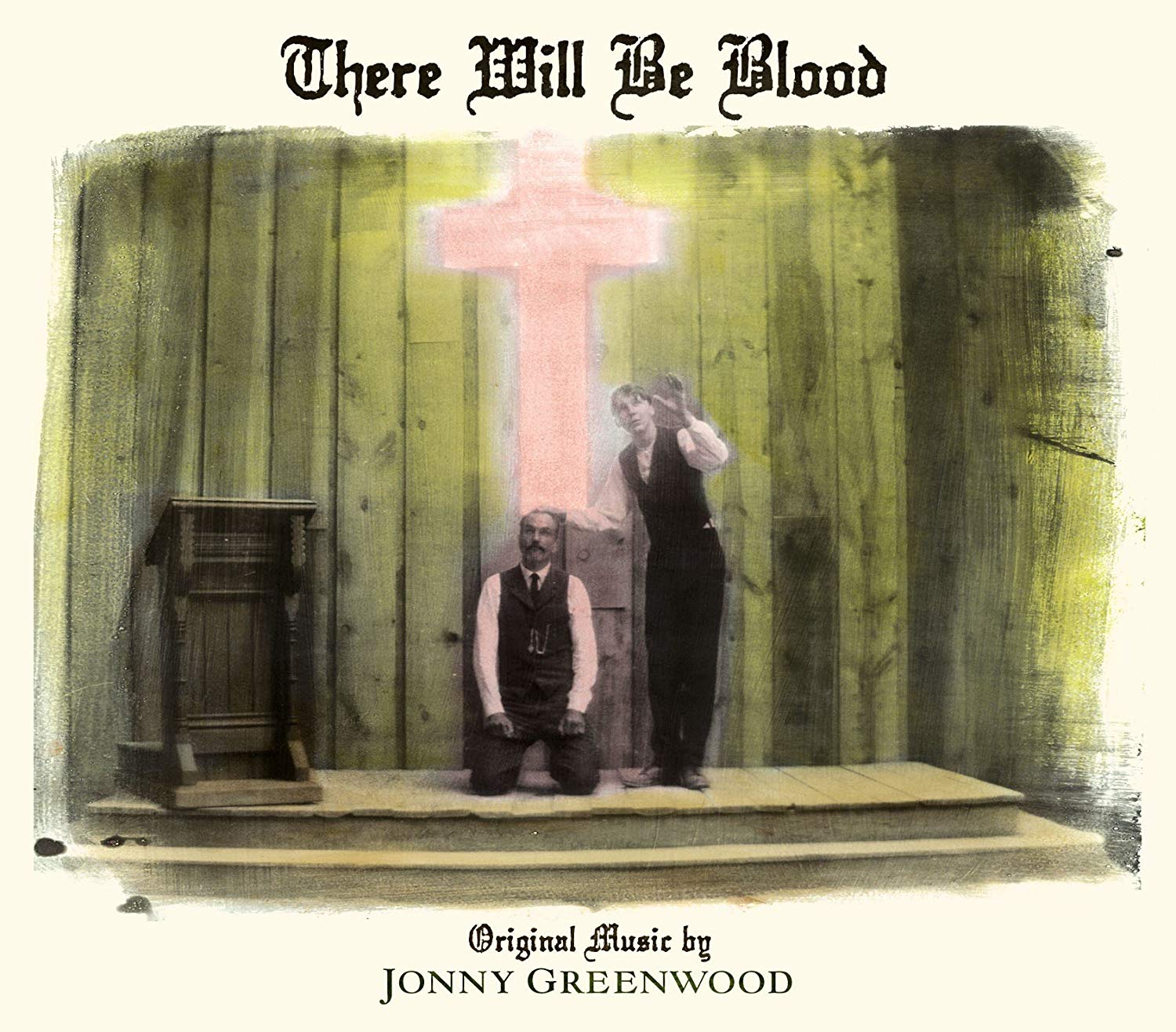
Take in Jonny Greenwood’s dissonant string compositions alone, and you’d be forgiven for thinking There Will Be Blood was a horror film. His score casts a heavy shadow across the open plains of Southern California, injecting the kind of dread that allows Paul Thomas Anderson to explore this tale of a man possessed by wealth with greater subtlety.
Jonny Greenwood's There Will Be Blood soundtrack on Amazon
Get the What Hi-Fi? Newsletter
The latest hi-fi, home cinema and tech news, reviews, buying advice and deals, direct to your inbox.
Ascenseur pour léchafaud by Miles Davis (1958)
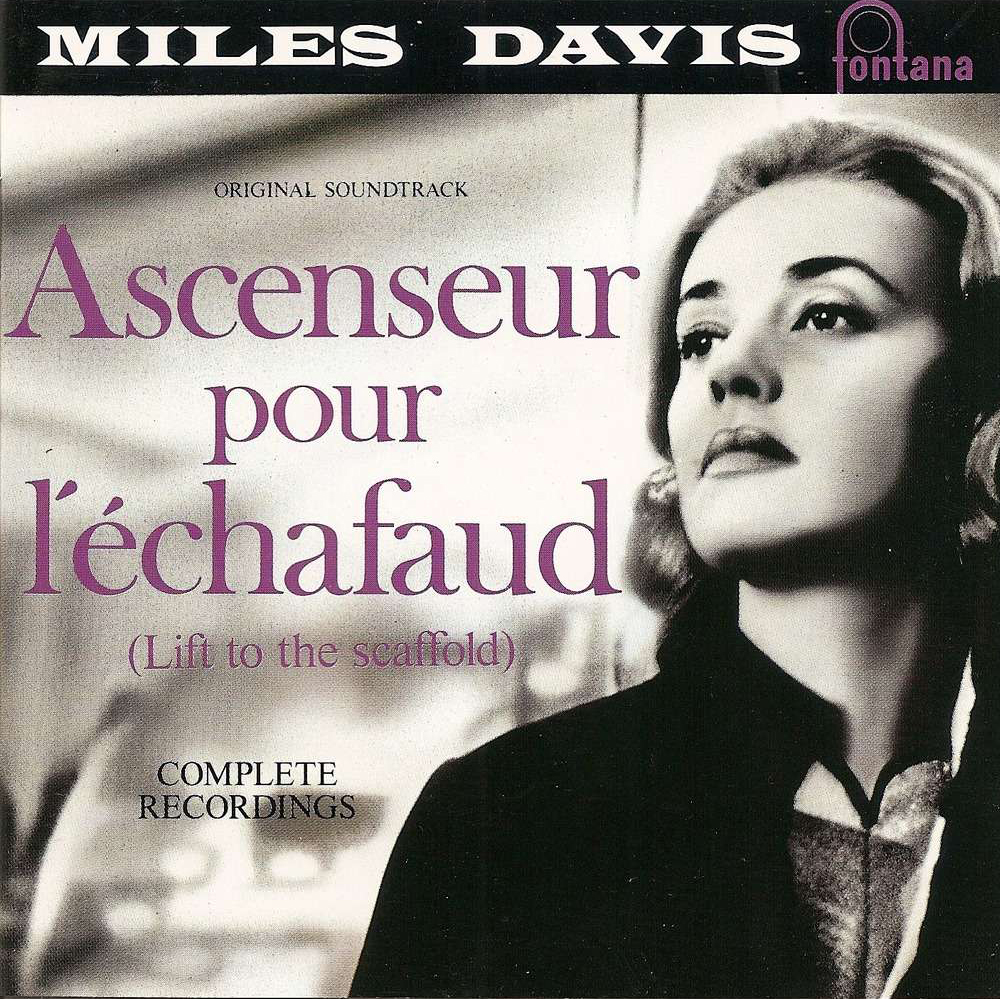
There’s something decidedly eerie yet darkly romantic about Miles Davis’s muted trumpet lines laced throughout this 1950s French crime story. It walks alone beneath heavy air, moving skittishly when tempos increase but always echoing the solitude of its dusky cinematic bedfellow.
Miles Davis's Ascenseur pour l'échafaud soundtrack on Amazon
Koyaanisqatsi by Philip Glass (1982)
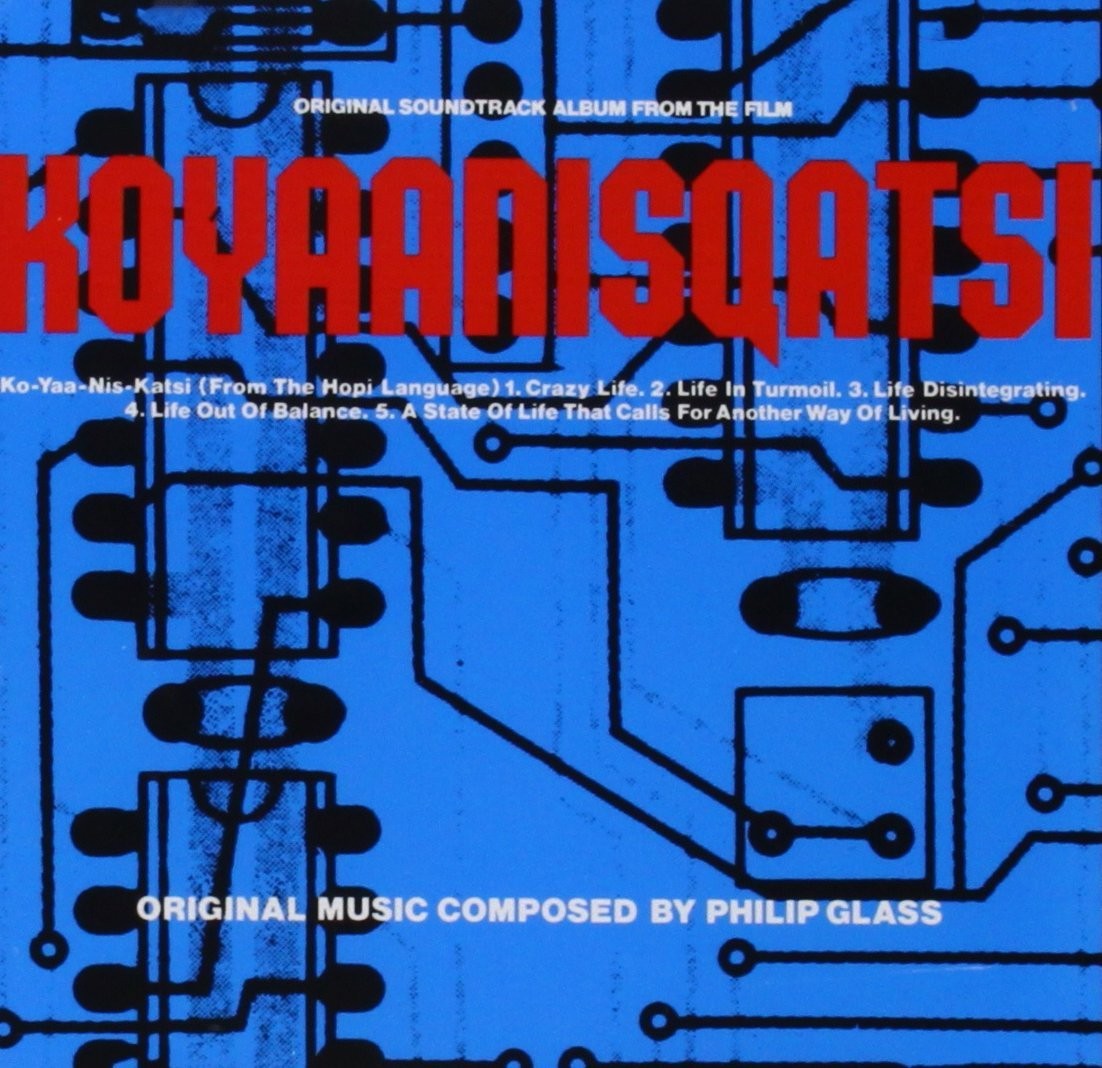
“It’s not for lack of love of the language that these films have no words,” said director Godfrey Reggio of his Qatsi trilogy. “It’s because, from my point of view, our language is in a state of vast humiliation. It no longer describes the world in which we live.”
It is up to interpretation whether Koyaanisqatsi, meaning “unbalanced life” in Hopi, is a celebration of industrialisation or its funeral march, and Philip Glass’s at once ominous and hopeful soundtrack leaves things equally ambiguous.
Philip Glass's Koyaanisqatsi soundtrack on Amazon
Taxi Driver by Bernard Herrmann (1976)
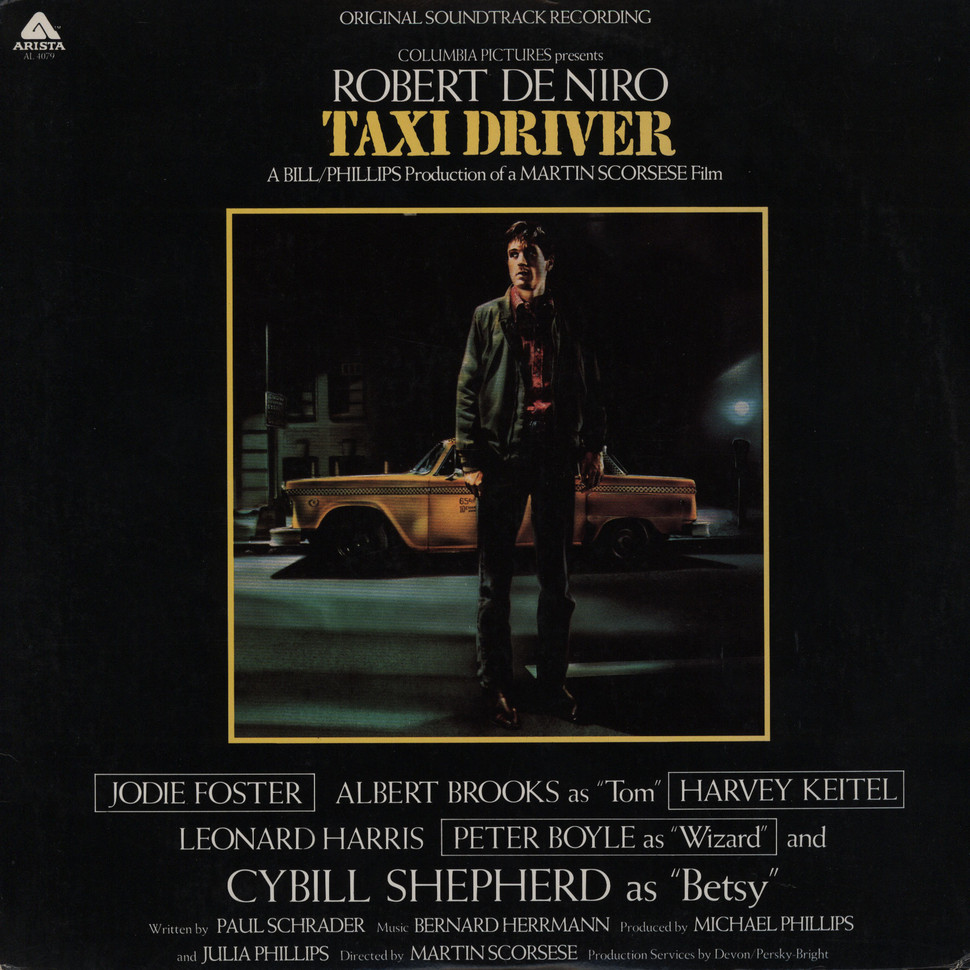
We could have included any of Bernard Herrmann’s many scores for Alfred Hitchcock in this list, but few are as atmospherically dense as this, his last ever work, for Martin Scorsese’s Taxi Driver. Horn sections echo New York's traffic and subway while brushed kits and plucked bass put rhythm to its underbelly, and few lines are so achingly beautiful as that of the saxophone in the main theme.
Bernard Herrmann's Taxi Driver soundtrack on Amazon
Gladiator by Hans Zimmer (2000)
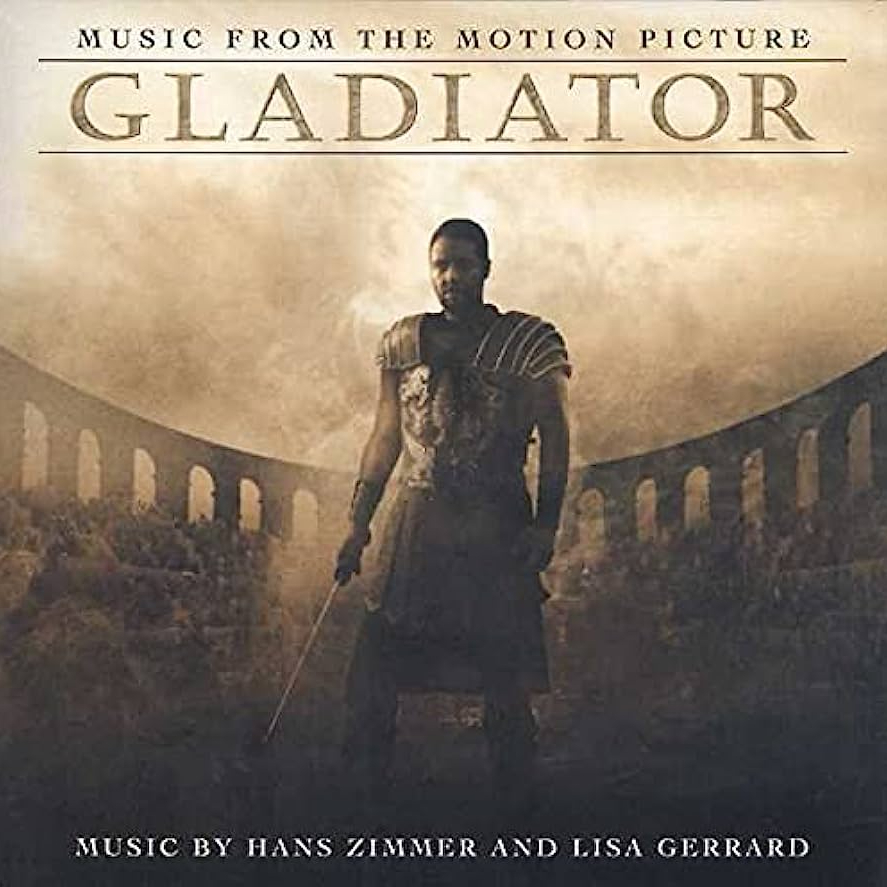
A perennial favourite in our testing rooms, it isn’t hard to see why we keep coming back to one of Hans Zimmer's best. So much of what would make Zimmer one of, if not the, most acclaimed and recognised voices in cinema soundtrack history was birthed during his work on Ridley Scott’s historical epic.
Gladiator is one of the most densely packed and varied scores you’ll hope to come across, sticking to certain thematic principles and motifs while effectively conveying Maximus’ emotional journey by adapting and developing alongside him. It’s all masterful stuff, although we’d recommend seeking out The Battle and Now We Are Free as two of the highest of high points.
Hans Zimmer's Gladiator soundtrack on Amazon
La Planète Sauvage by Alain Goraguer (1973)
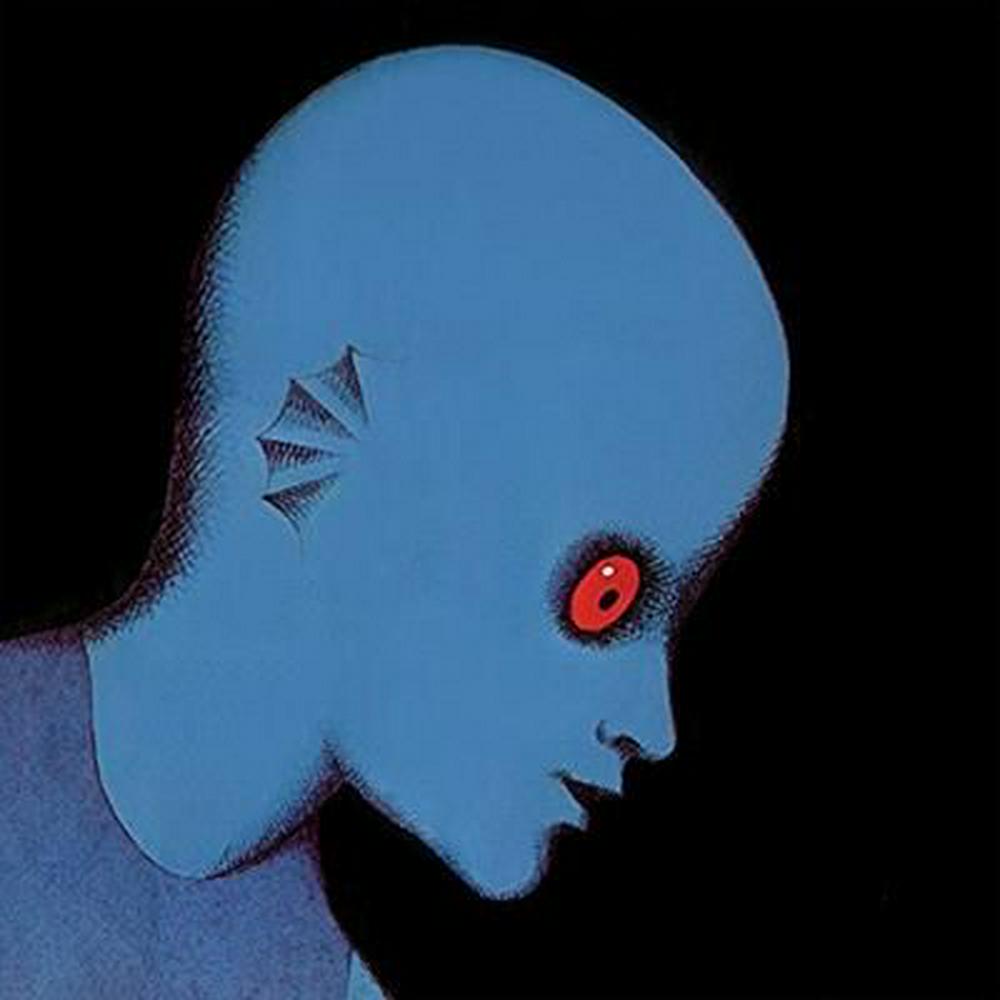
Alain Goraguer was at a creative peak when he was asked to score this early 1970s French animation, in which giant blue meditating Draags enslave human-like Oms on their planet Ygam, and it shows. A long-time collaborator and composer with Serge Gainsbourg, Goraguer’s breakbeats and psychedelic instrumentation are the perfect backdrop for a surreal allegory that painfully remains relevant in the 21st century.
Alain Goraguer's La Planète Sauvage soundtrack on Amazon
Amélie by Yann Tiersen (2001)
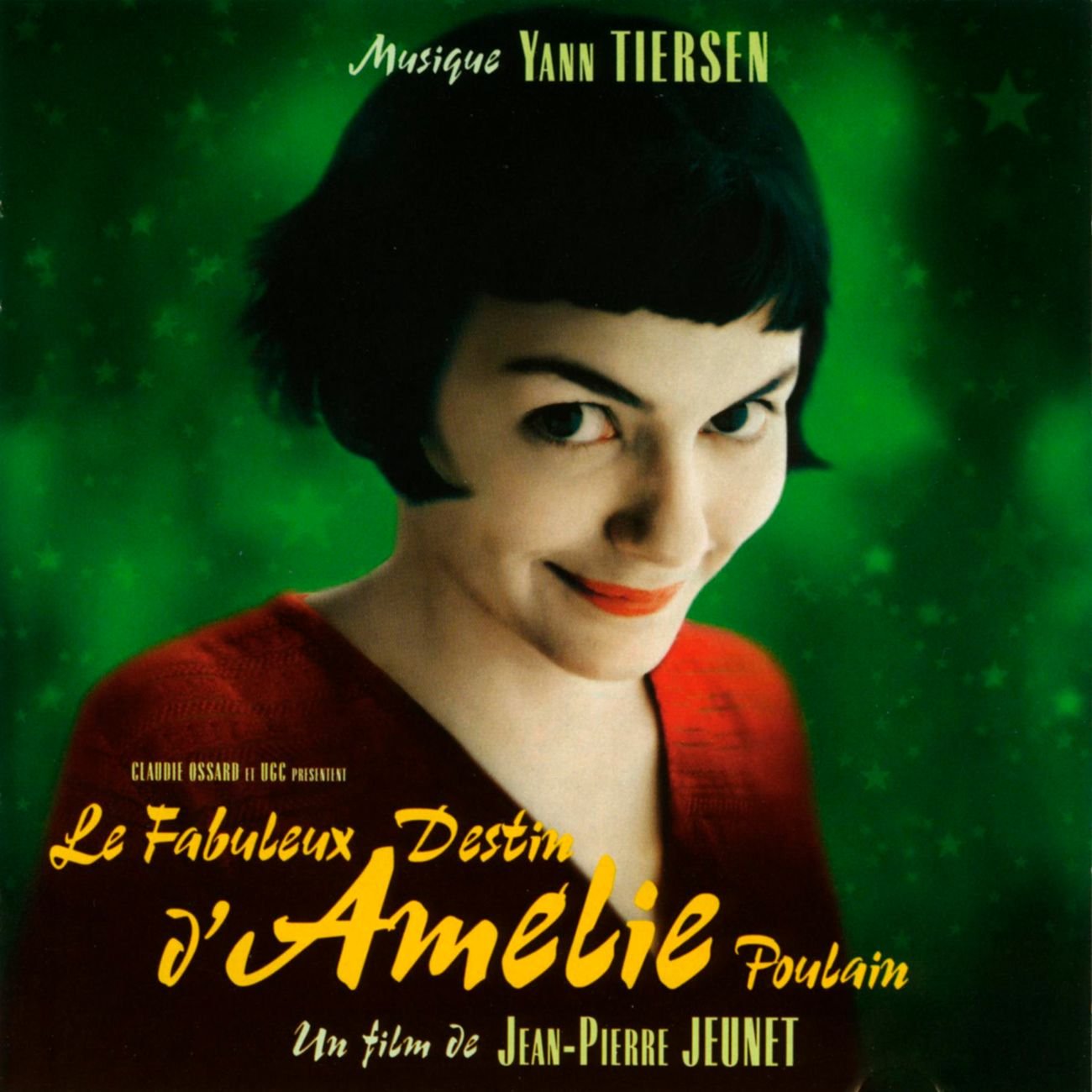
Director Jean-Pierre Jeunet was so taken by Yann Tiersen’s music upon hearing it, that he bought the accordionist and pianist’s entire catalogue to soundtrack this delightful French comedy, commissioning further pieces specifically for the film. Playful without straying into bijou, the score is as much part of Amélie’s character as any of the script Jeunet wrote himself.
Yann Tiersen's Amélie soundtrack on Amazon
The Assassination of Jesse James (By The Coward Robert Ford) by Nick Cave and Warren Ellis (2007)
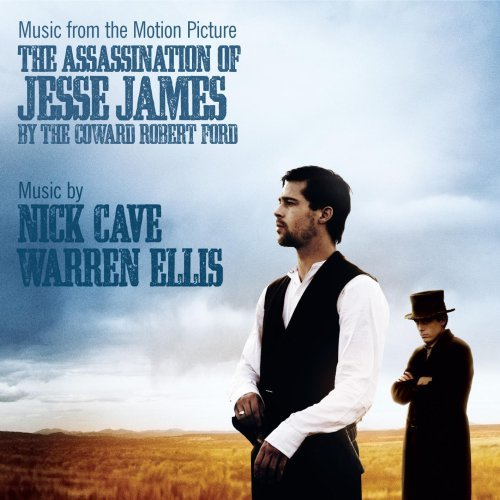
Nick Cave’s work as a goth rock icon alongside his backing group The Bad Seeds is well known to anyone with a proclivity for intense, gleefully overwrought balladry. It’s the Australian’s marvellous capacity as an auteur that also lends itself to his clear aptitude as a serious cinematic composer.
Cave and Ellis’ work on The Assassination Of Jesse James is majestic stuff, matching the film’s slow, elegiac pace with an accompaniment full of slow, melancholic melodies and deep, earthy strings, occasionally combining with sparkling pianos or light percussive touches. There’s so much to wallow in here, but we’d strongly recommend Song For Bob, the OST’s closing piece, as the finest test track on offer.
Nick Cave and Warren Ellis' The Assassination of Jesse James soundtrack on Amazon
Requiem For A Dream by Clint Mansell (2000)
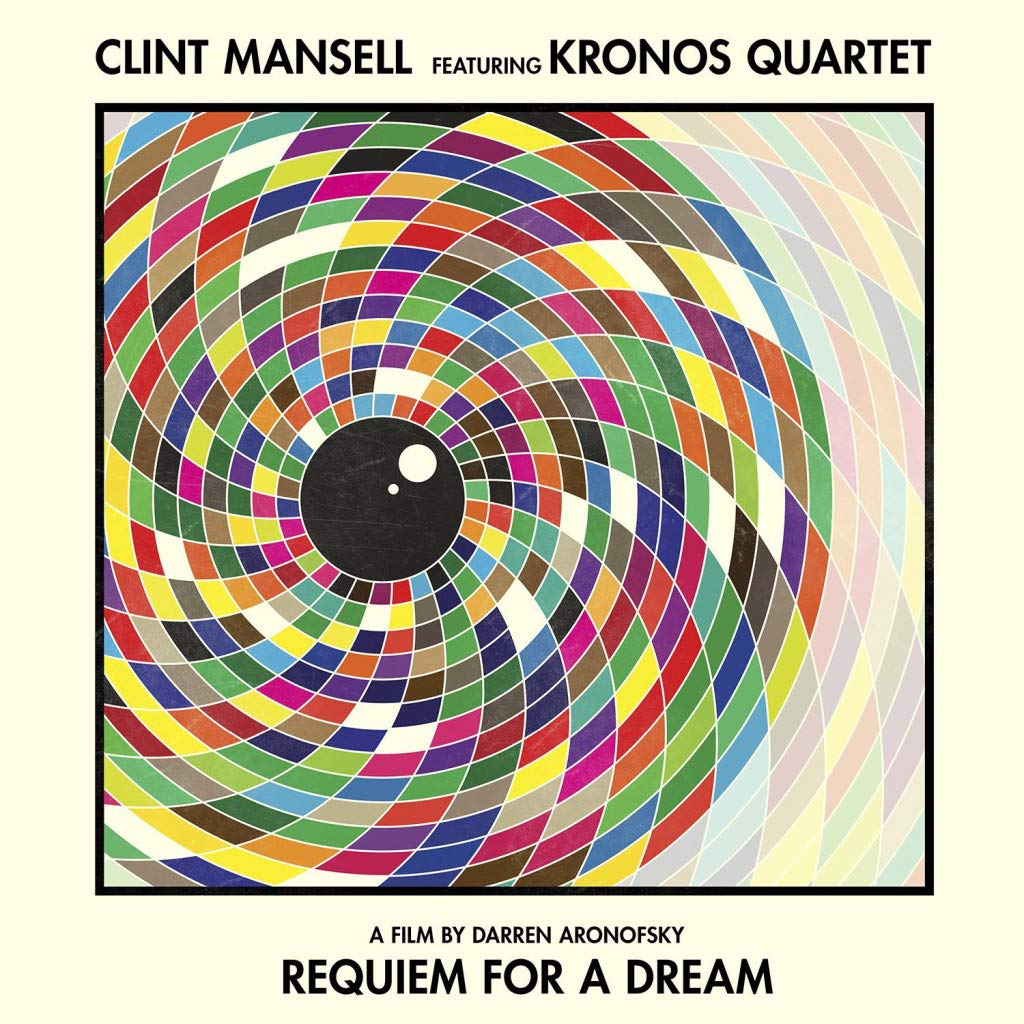
Former Pop Will Eat Itself lead singer Clint Mansell was perhaps an unlikely film composer, but this industrial masterpiece, his second of six collaborations with director Darren Aronofsky, confirmed his immense talent. Equal parts sparse, foreboding and unequivocally violent, the schizophrenic character of his score is as mind-bending as Requiem For A Dream's story.
Clint Mansell's Requiem For A Dream soundtrack on Amazon
Eraserhead by David Lynch & Alan Splet (1977)
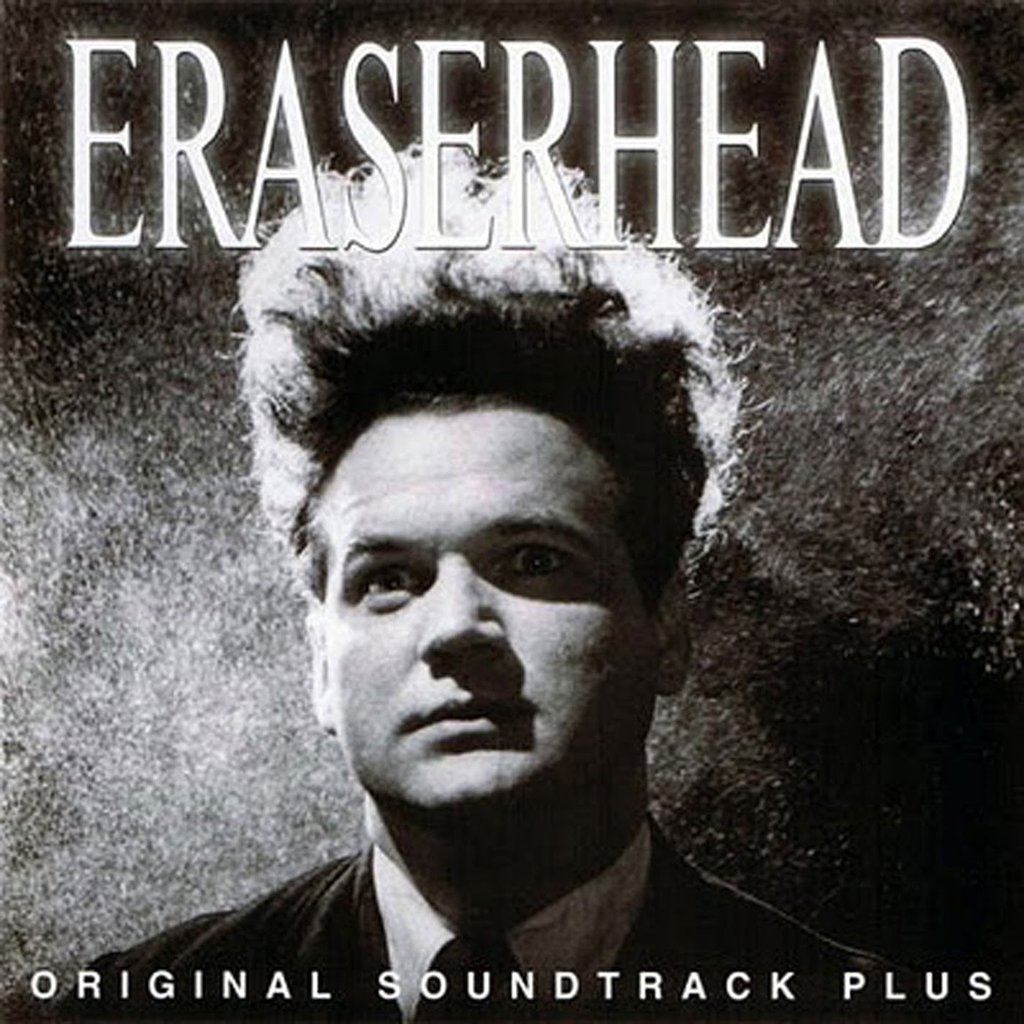
More a collage of sounds than musical composition in the traditional sense, Eraserhead’s creepy ambient soundscapes of hisses, creeks and baby cries are quite terrifyingly unforgiving. Constructed by David Lynch and sound designer Alan Splet, the success of their experimentation is such that it feels at odds with the film’s sonic landscape even more than four decades on.
David Lynch and Alan Splet's Eraserhead soundtrack on Amazon
Star Wars: Episode I - The Phantom Menace by John Williams (1999)
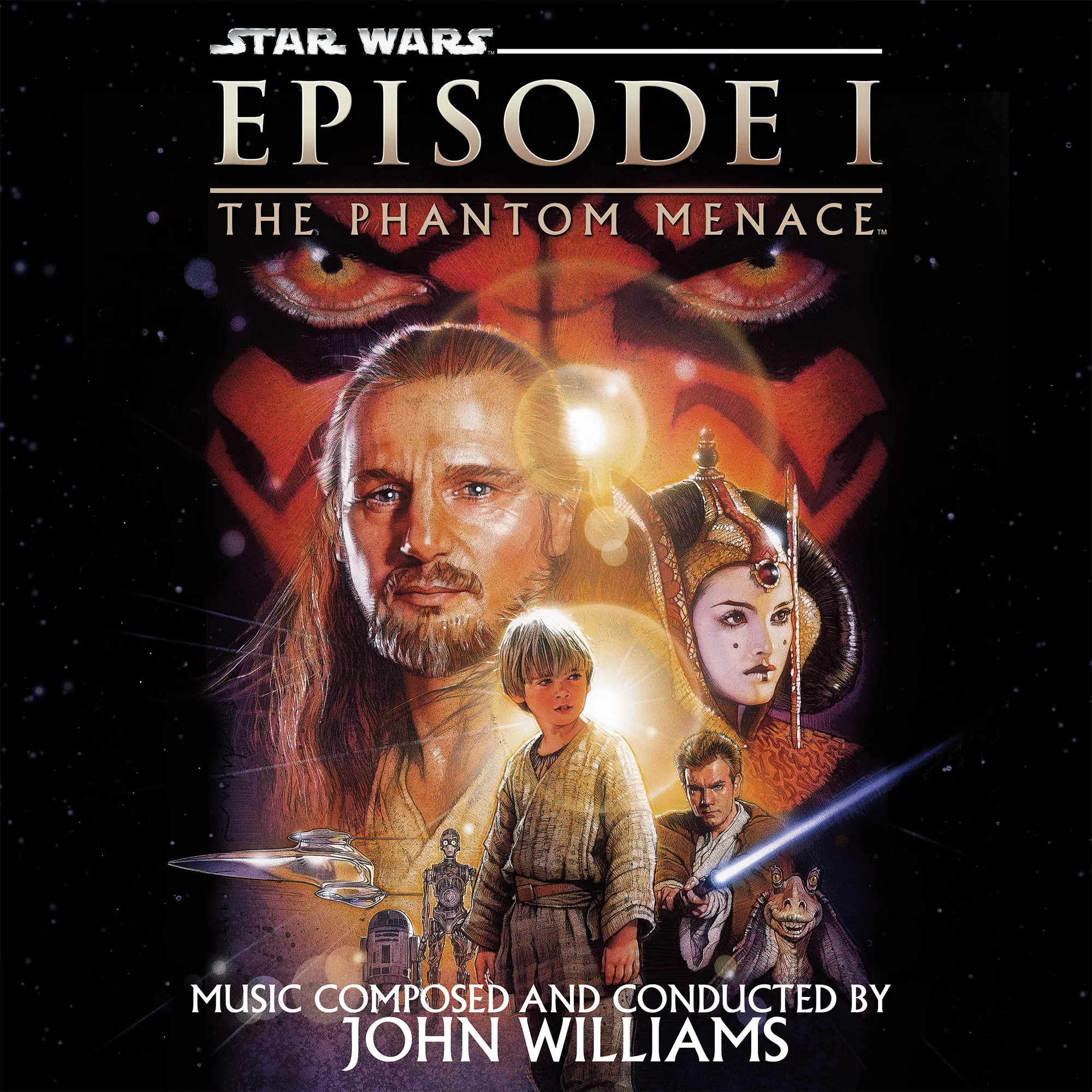
You may not like the series of prequel movies that many felt ruined the reputation of the franchise in the early 2000s. You may not like Star Wars. You may not even like movies in general.
What you can’t deny, however, is just how exceptional John Williams’ work is across the face of that faraway galaxy. Williams’ scores for Star Wars are among the most famous in history, with The Phantom Menace encapsulating the revered maestro’s incredible capacity for crafting immediately recognisable musical signatures no matter the task or genre. One of the first original modern OSTs to combine choral choirs with classic cinematic orchestration, the signature Dual Of The Fates theme has gone down in legend as one of the most beloved Star Wars compositions ever.
John Williams' The Phantom Menace soundtrack on Amazon
The Godfather by Nino Rota (1972)
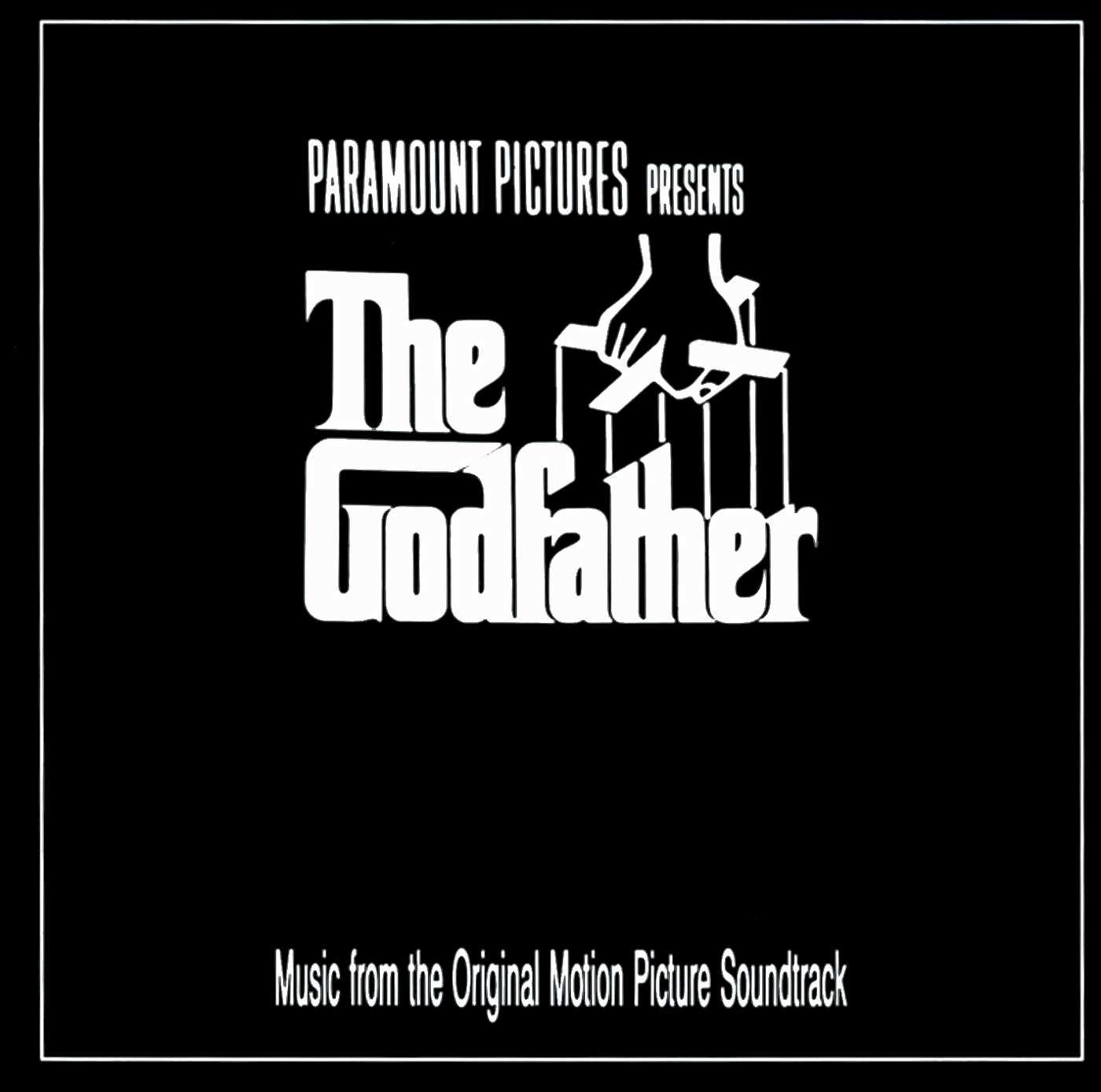
Few main themes capture the essence of a film so immediately as Nino Rota’s trumpet-led The Godfather Waltz. This score was pulled from the Oscar’s shortlist at the last minute after it was found Rota had reworked some music from his Fortunella score, but its majesty is such that only a few bars will urge you to perform a few favourite lines.
Nino Rota's The Godfather soundtrack on Amazon
MORE:
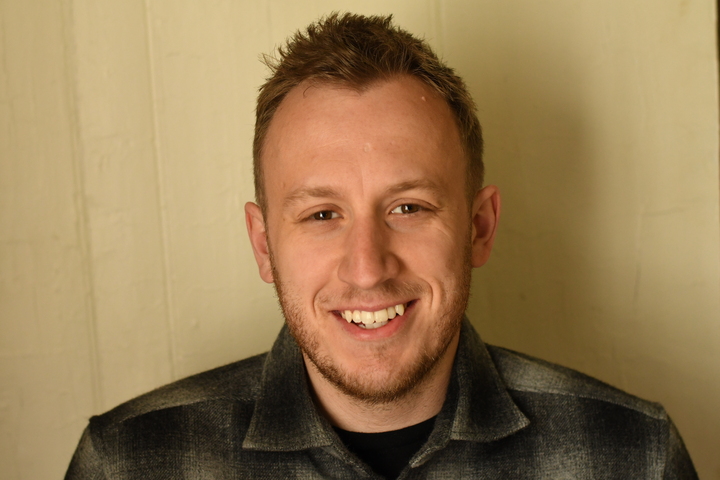
Harry McKerrell is a senior staff writer at What Hi-Fi?. During his time at the publication, he has written countless news stories alongside features, advice and reviews of products ranging from floorstanding speakers and music streamers to over-ear headphones, wireless earbuds and portable DACs. He has covered launches from hi-fi and consumer tech brands, and major industry events including IFA, High End Munich and, of course, the Bristol Hi-Fi Show. When not at work he can be found playing hockey, practising the piano or trying to pet strangers' dogs.
